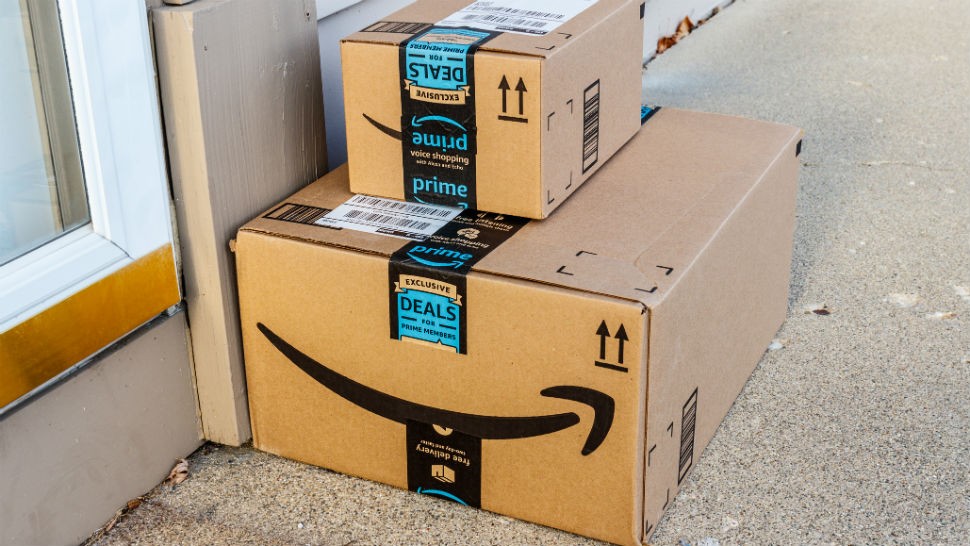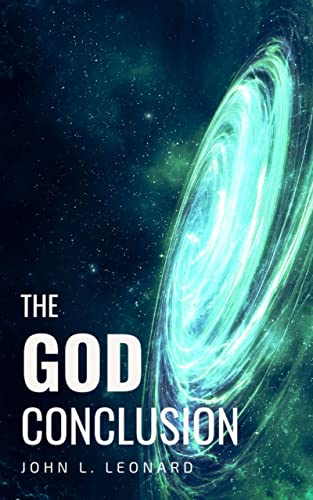When I start having negative thoughts and feel like we might be entering the end times predicted in the Book of Revelation, Amazon usually pops into my head. Why? Revelation 13:17 claims that no one will be able to buy or sell without the mark of the Beast on them.
My book is being marketed on Facebook. Why? Because that’s really the only game in town when it comes to reaching a large audience on a low budget. Do I like Facebook being my best (and only real) option? Do I like giving Mark Zuckerberg money that he can turn around and use in direct efforts that conflict with my best interests? No, of course not. But like it or not, Facebook is the best place to spend advertising dollars on the Internet. I mean, you could go to Instagram instead, but both are owned by the same guy, so what difference does it make at the end of the day?
The same is true of Amazon. Whether I like it or not, I have no real choice. If I want to sell my book, it must be listed on Amazon. I don’t like giving Jeff Bezos power over me any more than I like giving power to Mark Zuckerberg, but if I want to sell my book, I’d better learn to like it.
The author is powerless on Amazon. I’ve given away free books to people in exchange for their honest review, only to have at least two of them rejected because, according to Amazon, the reviewer hadn’t spent enough money using their service to warrant publishing their review. Conversely, the brutal one-star review written by someone trashing my book almost certainly without reading it has been displayed more prominently than the mostly negative two-star review that contains paragraphs of information proving the reviewer actually read my book.
Nothing confirms the bias of Amazon more than their ratings system. Currently, The God Conclusion has 11 ratings. Seven of the eleven are 5-star reviews. Do the simple math, seven divided by eleven is 63.6 percent, which rounds up to 64 percent. So, what does Amazon show?
56 percent total for the 5-star reviews. That’s eight points deducted from my true ratings score. Why is the scoring weighted? 100 percent – 64 percent = 36 percent. There are four other categories (4-star, 3-star, 2-star, and 1-star), each with currently with only one rating or review.
36 percent / 4 categories = 9 percent average per category.
Again, what does Amazon show?
The 4-star review is calculated to be 10 percent of the total average, the 3-star receives 12 percent, the 2-star review gets 10 percent, and the 1-star review gets 12 percent. Why isn’t there an equal distribution given there is only one review in each category?
I can only think of two possible explanations — if you can think of a third, leave me a comment. I promise to keep an open mind.
My first potential explanation is that Amazon sucks at simple math. However, that explanation seems questionable, given they are one of the largest corporations on Earth. Usually, you don’t grow into the 800 lb. gorilla in the room by being terrible at your job.

My second explanation is admittedly darker: it’s intentional. Amazon skews the ratings as they please, simply because they can. It doesn’t have to be fair; they own the system. You can try to contact someone at Amazon to get a response or an explanation from a human being, but good luck with that.
It may turn out that the mark of the Beast is actually a smile.


Speak Your Mind